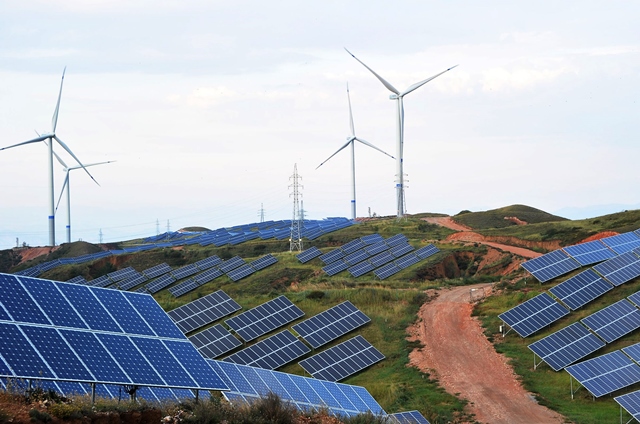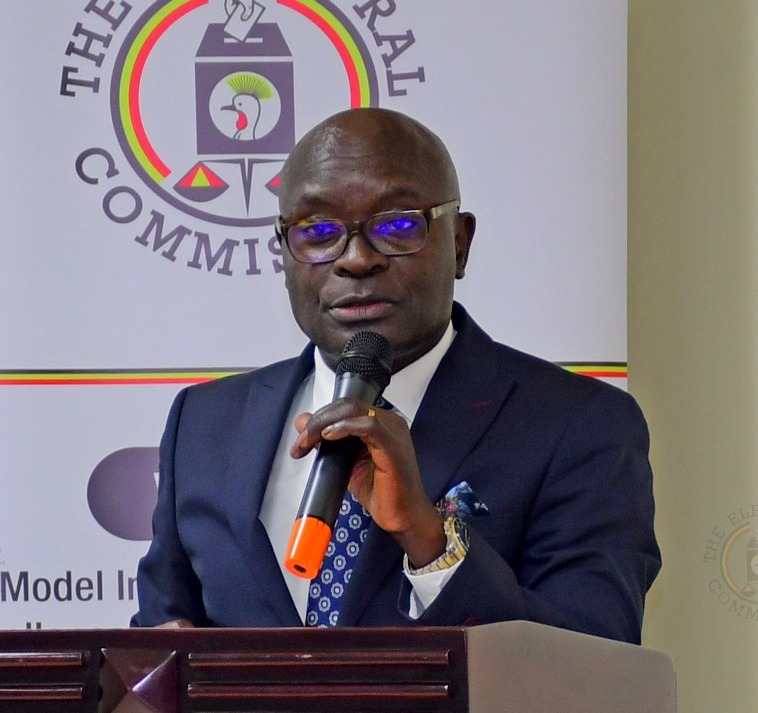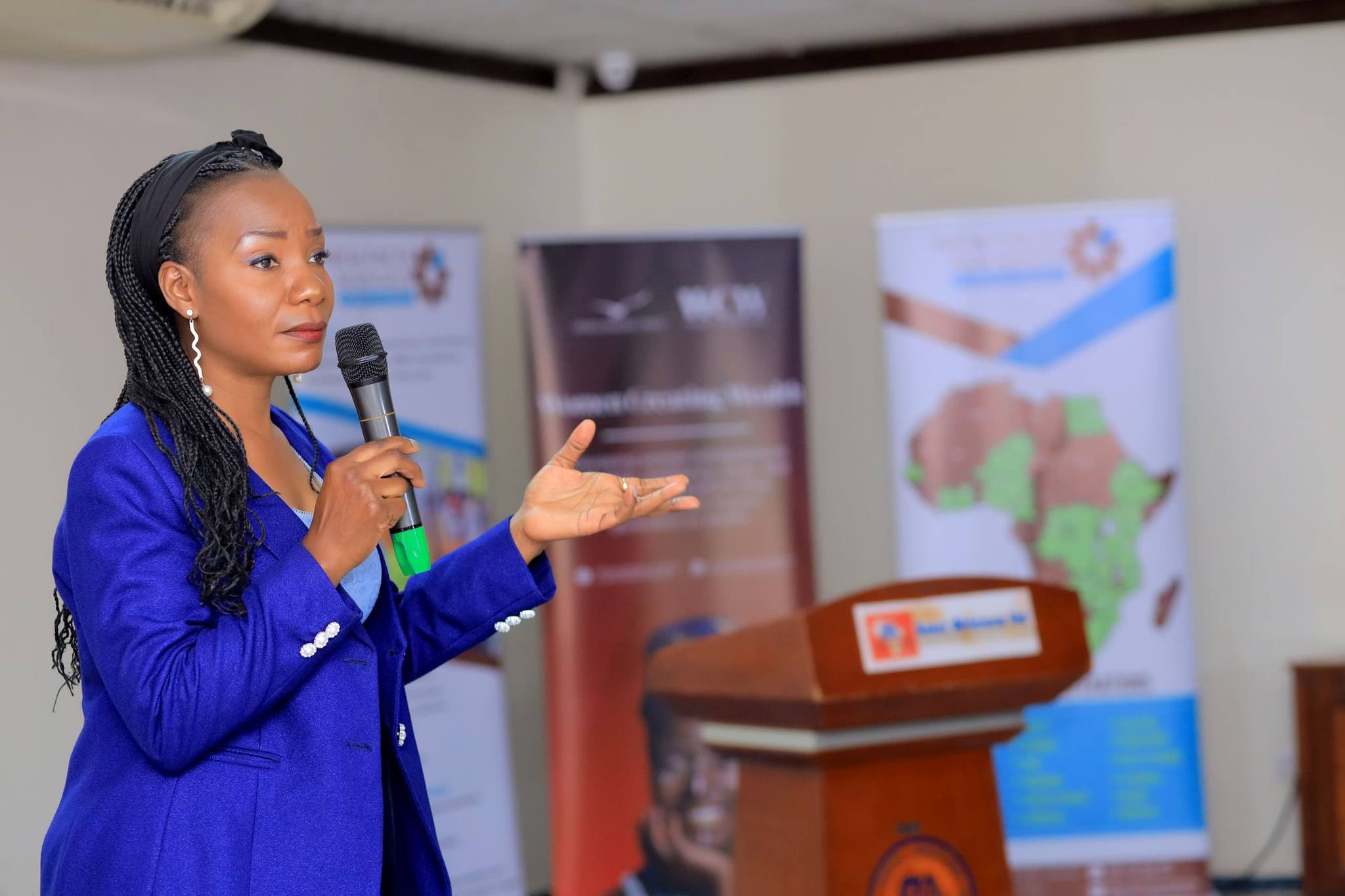Embracing just energy transition to mitigate climate change impacts

By Patience Katusiime
A just transition of the energy sector means ensuring that costs and benefits of a world powered with renewables are fairly distributed. It therefore “must create alternatives to people and regions trapped in fossil fuel dynamics through new economic opportunity, education and skills trainings and adequate social safety systems.
A just transition is thus a future-oriented concept, guided by principles of sustainability and climate justice. It should leave no one behind, and thus decisions made, need to benefit those most underprivileged appropriately.
By doing so, benefits and burdens of the transition are equally distributed according to social equity.
A people – centered just energy transition is critical to addressing current and future challenges of the energy system. Industrial decarbonisation is the missing component in emissions reduction, but international collaboration on technology transfer, financing, and capacity building is key.
Countries must find unique energy transition pathways and consider social economic priorities, existing energy systems, and established organizational systems. The world economic forum’s Energy Transition index 2022 recognizes the importance of industrial decarbonization in the renewable energy transition.
The latest Intergovernmental Panel on Climate Change (IPCC) report highlighted that global CO2 emissions continue to rise at unprecedented levels, severely impacting humanity. Accelerating the energy transition is a key factor in increasing our ambitions to counteract this crisis
In the acceleration towards a sustainable energy transition, we have to embed justice. According to the 2030 Agenda for Sustainable Development, particularly SDG7, we must ensure universal energy access while implementing the energy transition, known as “leaving no one behind”.
The transition cannot be accomplished without fulfilling this foundation, which should be attained before achieving net-zero emissions by the middle of this century. In this regard, the critical challenges of the energy transition should be revisited.
Addressing the threat of anthropogenic climate change requires a fundamental transition from the incumbent fossil fuel energy system to a zero carbon system. Rather than completely shifting from one set of dominant energy resources to another, energy transition involves the phasing out of fossil fuels, while increasing renewable energy resources such as solar and wind, which used to occupy only a small share of the energy mix.
The benefits of shifting to a less carbon-intensive socio-technical regime include more resilient and democratic energy systems, industrial restructuring and technological advancements, poverty alleviation, and addressing social and environmental justice concerns within and across nations.
The development of renewable energy is considered a crucial tool for advancing sustainable development goals, as it could replace the highly polluted, dangerous, grey economy with an environmentally friendly, healthy, green economy.
Renewable energy technologies are not inherently just or unjust. In addition to the implications of moving away from fossil fuels, the equity and justice implications of moving to clean energy systems must also be considered, A just transition demands that the benefits and costs of the transition are distributed in a just and equitable manner, reducing inequalities rather than exacerbating them. A just transition entails respecting human rights throughout the energy supply chain. Companies, governments, investors and civil society all have a role to play.
We seek to garner broad public support, break the fossil fuel industry’s stranglehold on energy policies, accelerate the pace of a transition away from an extractive economy to a regenerative one, and ultimately mitigate the severe economic hardships that fossil fuel-dependent communities and workers will face in the future, let’s all embrace energy transition.
Patience Katusiime is the program assistant at Environment Governance Institute Uganda
Email: pkatusiime1@gmail.com







